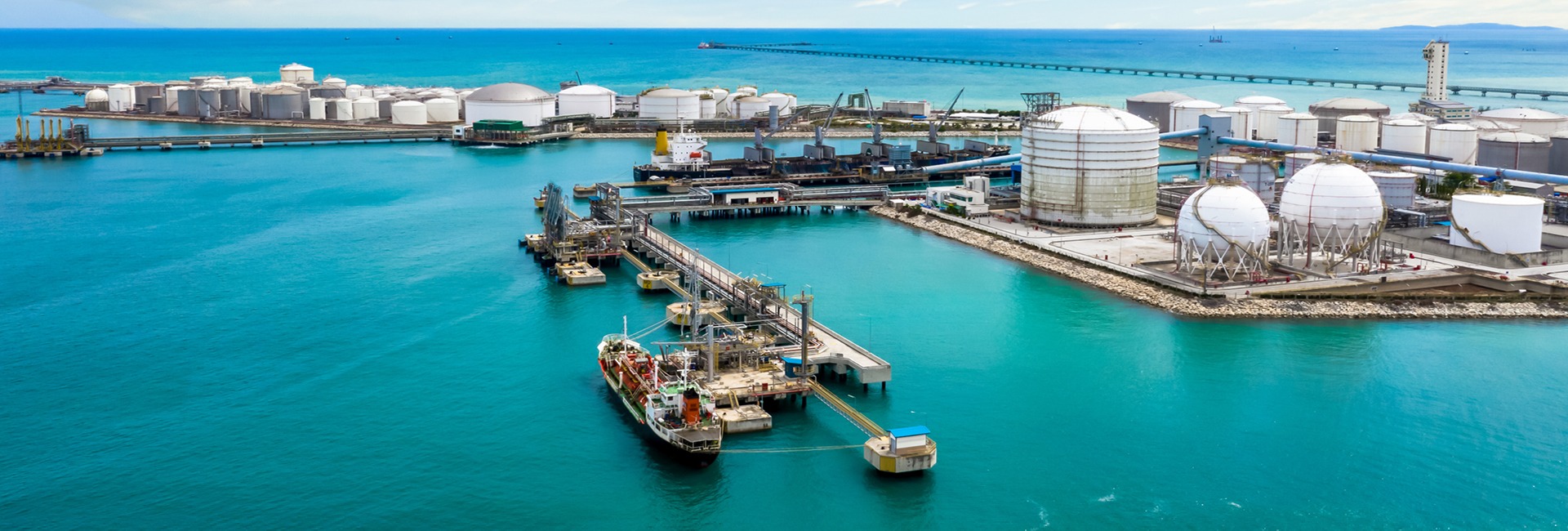
Port operators play a vital role in the transportation industry by managing the movement of cargo and vessels. As a port operator, protecting your assets, including vessels, is critical to ensuring the smooth operation of your port. This article will explore vessel protection strategies that port operators can use to safeguard their assets.
Access control:
One of the most effective ways to protect vessels is through access control. Port operators should limit access to vessels only to authorized personnel and implement strict security protocols to prevent unauthorized access. This includes implementing security checkpoints and screening procedures for all personnel entering the port and utilizing advanced security technologies such as biometric scanning and facial recognition.
Surveillance and monitoring:
Surveillance and monitoring are essential for vessel protection. Port operators should implement advanced video surveillance systems that cover all areas of the port, including the waterways. These systems should be capable of capturing high-quality images and video and should be monitored by trained personnel around the clock. This can help detect and prevent any suspicious activity that could threaten vessels.
Security personnel:
Having trained and experienced security personnel is critical to vessel protection. Port operators should employ a team of security personnel trained in maritime security and emergency response. This personnel should be equipped with the latest security technologies and have access to advanced communication systems to respond quickly to any security threats.
Cybersecurity:
In today’s digital age, cybersecurity is essential to vessel protection. Port operators should implement robust cybersecurity protocols to protect their systems from cyberattacks that could threaten the safety of vessels. This includes implementing firewalls, antivirus software, and intrusion detection systems and ensuring all personnel is trained on cybersecurity best practices.
Emergency response planning:
Even with the best preventive measures, emergencies can still occur. That’s why it’s essential to have a comprehensive emergency response plan in place. The plan should outline procedures for responding to various emergencies, including natural disasters, accidents, and security incidents. All personnel should be trained on the emergency response plan and know their roles and responsibilities.
Protecting vessels is critical for port operators to ensure the smooth operation of their ports. By implementing access control measures, surveillance and monitoring systems, employing trained security personnel, implementing robust cybersecurity protocols, developing emergency response plans, and continuously improving their strategies, port operators can safeguard their assets and ensure the safety of vessels.
